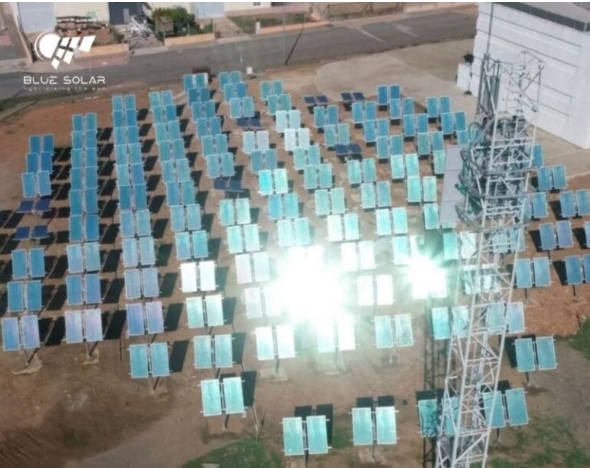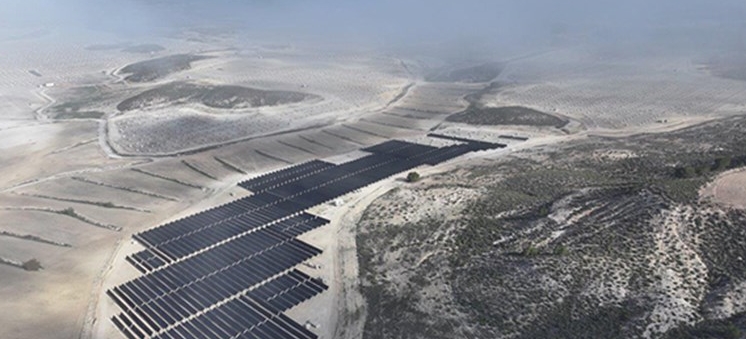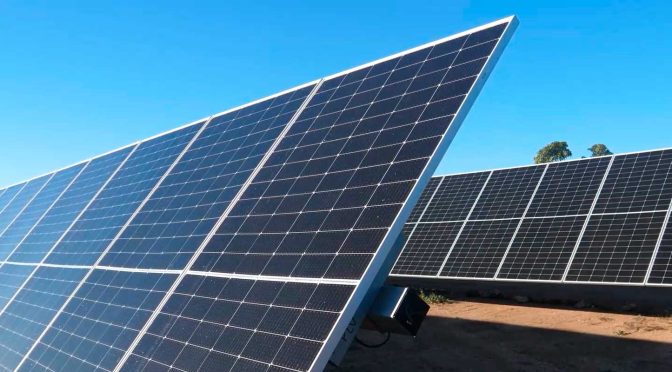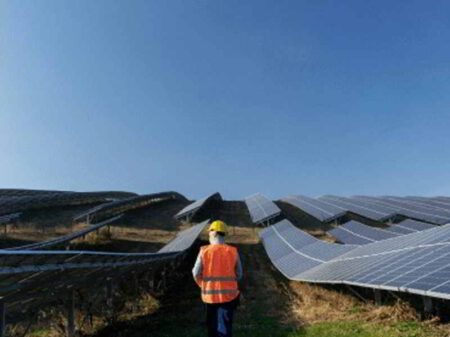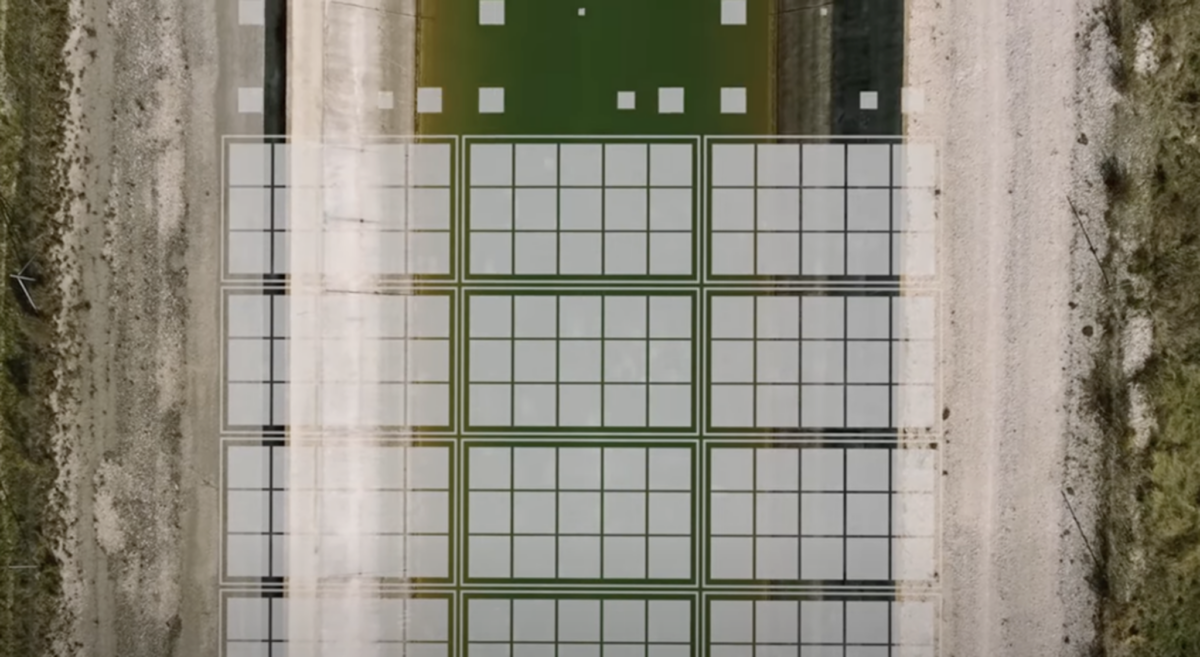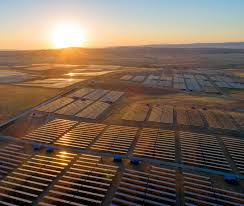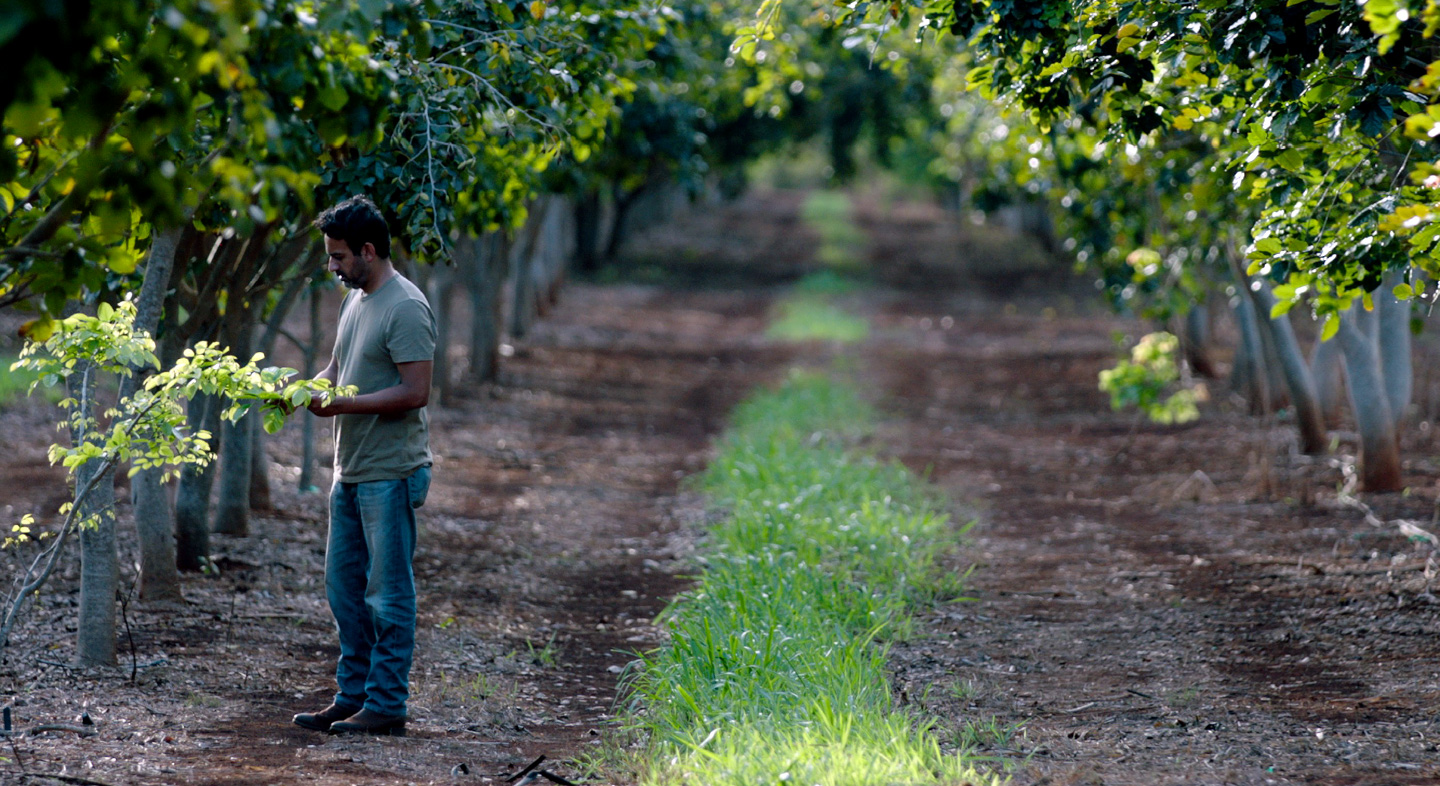 Terviva Inc., an agricultural innovation company working with farmers to grow and harvest pongamia for food, feed and fuel, today announced its investment from Chevron Renewable Energy Group. Together, the two companies expect to scale Terviva’s pongamia-growing operations and drive greater availability of pongamia as a feedstock for renewable fuels production. The new arrangement signals Terviva’s strategic growth and global scalability as well as the advancement of pongamia as a lower carbon resource for biofuels production.
Terviva Inc., an agricultural innovation company working with farmers to grow and harvest pongamia for food, feed and fuel, today announced its investment from Chevron Renewable Energy Group. Together, the two companies expect to scale Terviva’s pongamia-growing operations and drive greater availability of pongamia as a feedstock for renewable fuels production. The new arrangement signals Terviva’s strategic growth and global scalability as well as the advancement of pongamia as a lower carbon resource for biofuels production.Terviva's elite pongamia cultivars have been developed over 15 years of research trials spanning nearly 2,000 acres in the U.S. and Australia. Terviva’s pongamia trees produce three or more metric tons of beans per acre, which feature a high oil content. The harvested beans are processed to produce oil, which can then be used as a feedstock, or raw material, for the biofuels industry. The combination of high oil yields with low inputs can create biofuels with reduced greenhouse gas emissions compared to traditional fossil fuels.
“Crude pongamia oil can be converted into biodiesel, renewable diesel, or sustainable aviation fuel (SAF). In working with Chevron Renewable Energy Group, we can increase the availability of feedstocks for production of these fuels while promoting our mission to revitalize agricultural land and communities. This relationship benefits stakeholders up and down the value chain, from farmers cultivating pongamia to fleets looking for lower carbon fuels,” said Naveen Sikka, founder, and CEO of Terviva. “Together, Chevron Renewable Energy Group and Terviva are generating economic opportunities and promoting environmental stewardship.”
As a regenerative tree crop, pongamia has a positive impact. Pongamia is resilient and can survive with erratic water access and tolerate extreme heat. Additionally, pongamia’s nitrogen-fixing properties enrich soils while reducing reliance on synthetic fertilizers.
